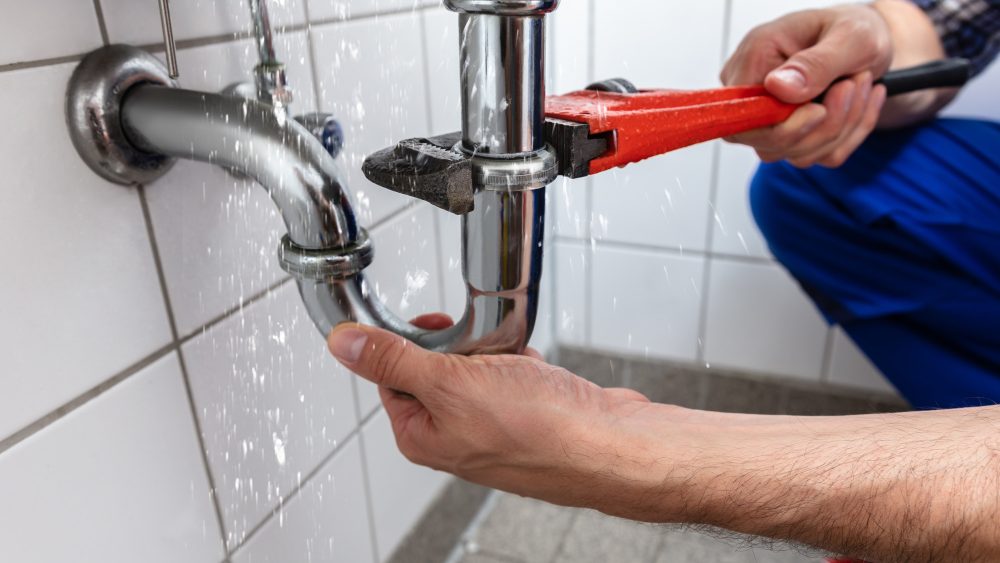Owning a home is a great pleasure, but it comes with a lot of responsibilities you need to keep on top of. One of the big ones is bathroom plumbing maintenance.
Keeping up with bathroom plumbing can be challenging yet rewarding in the long run. So how do you know what to do?
We here at Louis Mechanical Contractors take pride in our work and our service. Today we are going to go over the common troubles and answers to bathroom plumbing.
1. How Do I Avoid Clogged Pipes?
Clogged pipes are the biggest common problem of a bathroom. Cleaning a clog can be troublesome, so preventative measures can do well.
How do you keep a pipe unclogged? You focus on what is going in. Do not flush anything but waste and toilet tissue down the toilet. Clear all shower or sink drains on a regular basis.
And if you are on a private sewerage system, make sure a professional pumps your septic tank every 2 to 3 years.
2. Can I Unclog a Pipe Myself?
A small clog can feel like a simple task to do, so why call a professional? The problem with Do-It-Yourself is that your pipes are an intricate and valuable home system and you may not be treating the problem, only the symptoms.
Clogs can be a sign of a bigger problem, such as damages to your pipes or buildup from harsh chemicals that shouldn’t be there. A professional can figure out the real issue and deal with the source.
3. What Are Signs of a Water Leak?
A water leak can be a dangerous thing but not all of them are easy to detect. While bursting pipes and spurting faucets are obvious, most leaks are far more insidious.
The big signs of a water leak come from damp or spongey flooring, an increase in your water bill, loss in water pressure, or even the sound of water in your walls.
4. How Do I Prevent Pipes From Freezing?
In wintertime, bathroom plumbing can get complicated. Frozen pipes are a dangerous thing, not only the damage due to pressure in the pipe, but also to your home if they explode.
How do you prevent freezing pipes? Proper preparation.
For outdoor faucets and pipes, cut off their water and seal them with an insulating dome or wrap. For the piping under your sink, keep your sink cabinets open so that room temperature air can warm them.
When in doubt, don’t let your pipes get idle. Using your pipes helps keep them warmer for longer.
5. What Is The Best Temperature For a Water Heater?
While the water heater may or may not be in the bathroom, it has heavy ties to the bathroom. To keep your showers warm and your sink water from freezing, you need to keep an eye on the water heater.
A water heater should hover between 120 and 140 degrees, as the EPA suggests. Pushing it too far does not help you get more hot water, it instead damages your heater.
Did You Know? Annual servicing of your hot water heater can make it last longer and keep it running at optimum efficiency. Schedule your annual hot water heater servicing … Contact us today.
Keeping Up With Your Bathroom Plumbing
Now that you have a bit more understanding, bathroom plumbing maintenance may not be so daunting! From little clogs to big-time leaks, you’ll know what to do.
When in doubt, the biggest tool is the professionals you can trust. We here at Louis Mechanical Contractors are here to help. Contact us today!

